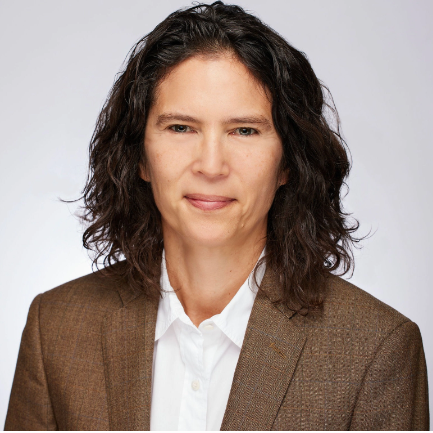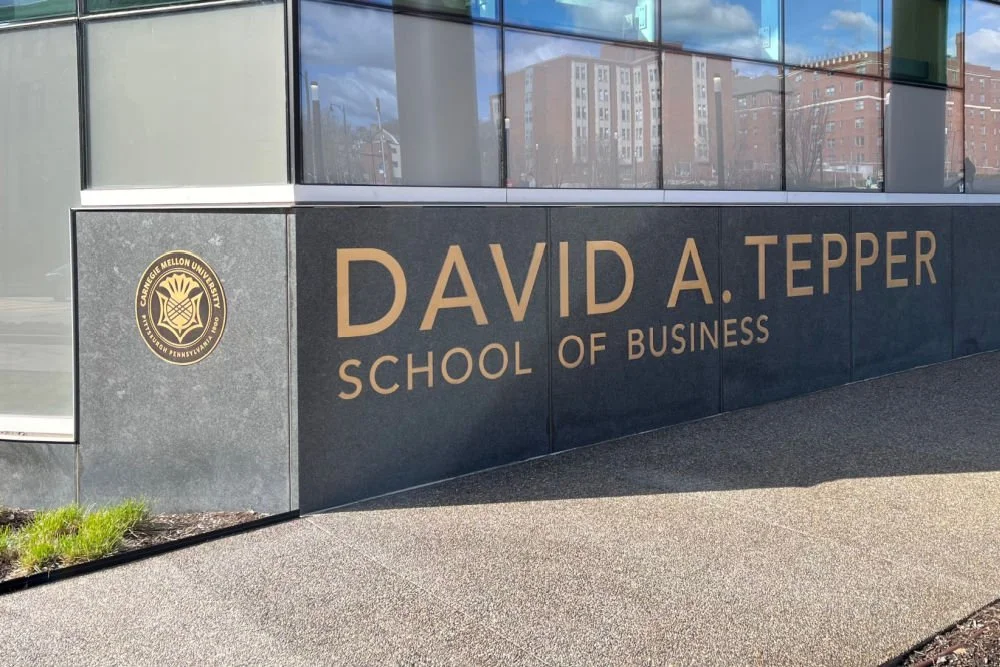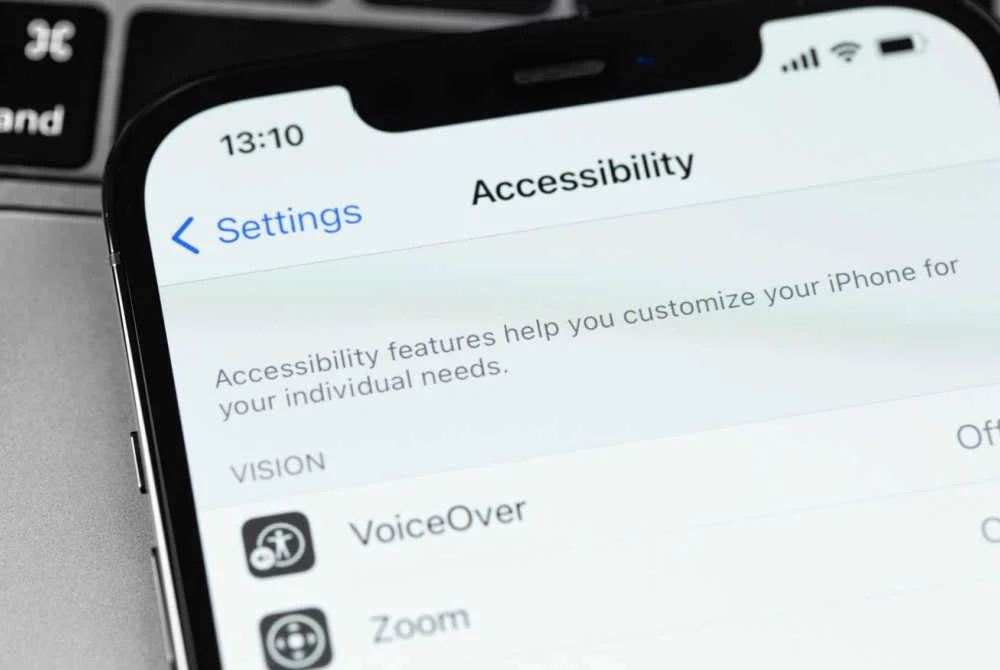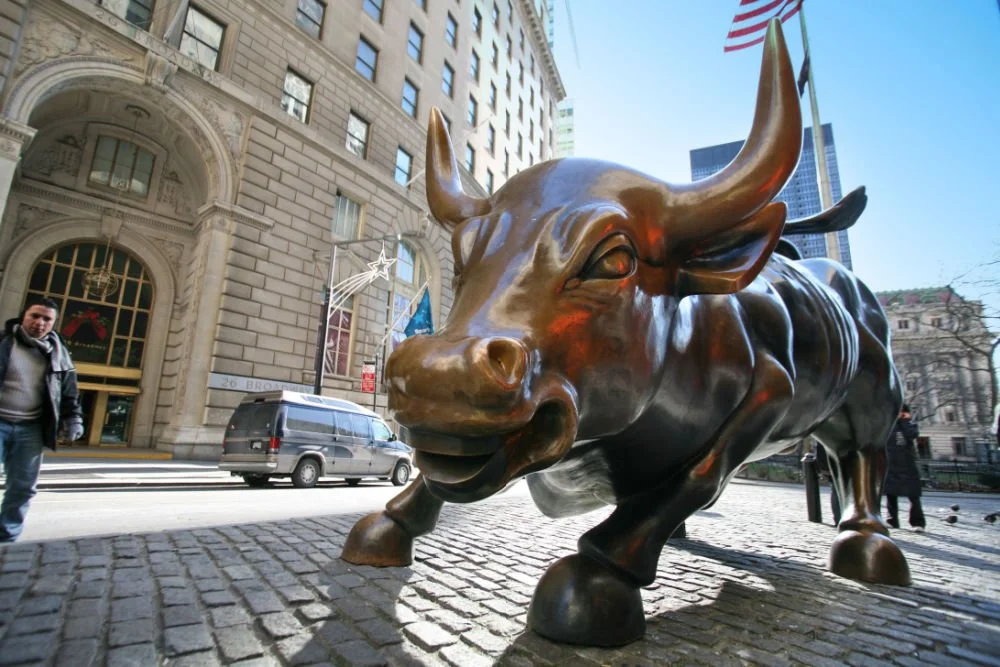Unlocking Potential: Behind a Corporate Gift to Upskill Women in the Bronx
/photo: GaudiLab/shutterstock
PepsiCo may be headquartered in the New York area, but New York City hasn’t been its philanthropic focus. Befitting its status as one of the world’s top food and beverage firms, the company has taken on broad global challenges like economically empowering women and increasing access to clean water in developing countries. But a recent gift by the PepsiCo Foundation to the Robin Hood Foundation is all about the Big Apple. And it offers another indication of where corporate philanthropy is heading these days as more companies step forward to address issues of urban equity with an eye on race and gender.
Over four years, PepsiCo is committing $4 million to Robin Hood in what the company calls its largest grant to date in the greater New York City area. The goal: to fund programs that confront poverty among young women in the Bronx, the city’s poorest borough.
The two funders’ strategy closely resembles the way other corporate grantmakers are tackling urban poverty—by funding education side-by-side with job training and workforce development, creating stronger ladders of opportunity in communities where too many young people of color see nothing but dead ends.
PepsiCo anticipates serving 20,000 young women through this gift.
The first two grantees both have a distinct tech focus, reflecting another familiar aspect of corporate giving for workforce development these days—bolstering STEM skills. The first, ScriptEd, brings coding classes and professional development opportunities into schools, including through summer internships. The second, Computer Science For All (CS4All), is an interesting public-private initiative coordinated out of Mayor Bill de Blasio’s Office of Strategic Partnerships. It brings together the City of New York, the New York City Department of Education, nonprofit group CSNYC, and a range of private funders, as we've reported.
As a major player in NYC’s anti-poverty field, Robin Hood has supported CS4All from the start. Other funders include the AOL Charitable Foundation, venture capitalist Fred Wilson, AT&T, Paulson Family Foundation, the Rudin Family Foundation, and the New York City Foundation for Computer Science Education.
Related:
- In New York, an Explosion of Partnerships Between Philanthropy and Government
- Good Jobs, Good Pay: How a Major Bank Seeks to Boost Youth Employment in the South Bronx
This gift’s focus on women in poverty is part of a wider PepsiCo Foundation commitment. By 2025, the company says it aims to invest $100 million in initiatives that support at least 12.5 million women and girls worldwide, with a particular emphasis on education and workforce readiness. PepsiCo isn't the only corporation working on gender equity; Walmart has also made this as a major priority, as we've reported, and women's empowerment figures prominently in the philanthropic strategies of other companies, like Caterpillar, not to mention that of many private foundations.
According to PepsiCo Chairman and CEO Indra Nooyi, who was born in India and regularly makes Forbes’ list of the world’s most powerful women, “we’re committed to lifting up women in communities all over the world, from the Middle East to Latin America to right here in the United States—because half the world is women, and when we unlock their potential, we'll all be stronger for it.”
There’s little not to like about that. The same goes for some of PepsiCo’s other grantmaking around water sanitation, global disaster relief, and aid to places in crisis like Flint, Michigan. But things get dicier when it comes to the company’s stated commitment to “positive nutrition,” which it lists as a pillar of its “Performance with Purpose” global citizenship agenda.
Like its arch-rival Coca Cola (and a slew of food giants including Nestlé and Kellogg), PepsiCo has a long history of lobbying against stronger public health regulations, and funding biased nutrition research in the U.S. and overseas. Given the obvious contribution these companies make to obesity crises the world over, it’s hard not to call hypocrisy when they give to health causes.
In this case, though, we're talking about an effort focused on helping disadvantaged women get ahead in a famously tough part of New York. While there's no shortage of bad behavior by U.S. corporations, we're also seeing corporate philanthropy getting notably more strategic and, in some instances, bolder. The philanthropic arms of top companies are doing more to tackle issues related to equity, race, and gender. Given the enormous resources of these companies, along with their cultural influence, that's an important trend.
Related:







































